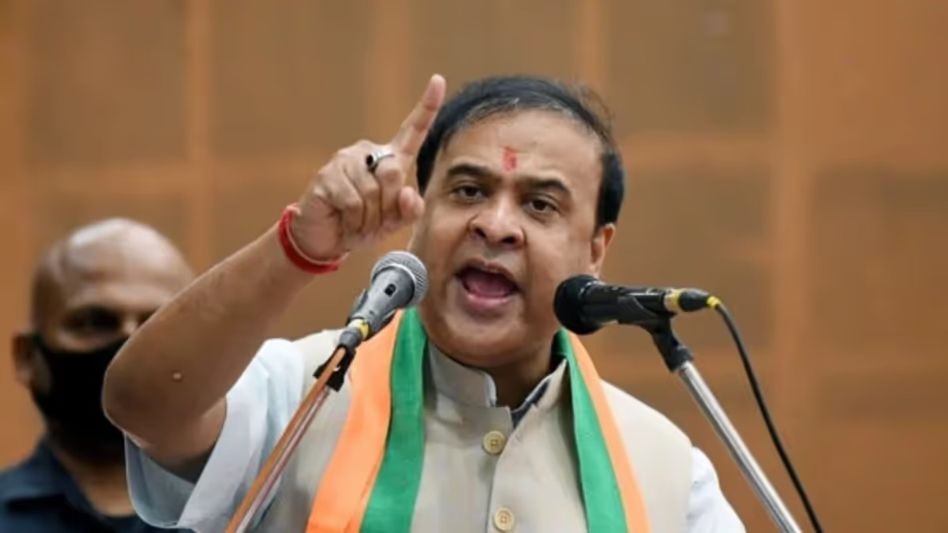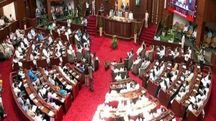Don’t shelter evicted encroachers, warns Himanta Biswa Sarma
Assam Chief Minister Himanta Biswa Sarma on Monday reiterated the government’s hardline stance on encroachment, urging citizens not to give shelter to people evicted during ongoing land clearance drives.

Assam Chief Minister Himanta Biswa Sarma on Monday reiterated the government’s hardline stance on encroachment, urging citizens not to give shelter to people evicted during ongoing land clearance drives.
He warned that such actions could reverse the progress made in securing land rights for indigenous communities.
Speaking on the sidelines of official programmes in the Bodoland Territorial Region (BTR), Sarma said, “Our people should not give them shelter. Otherwise, our position, which has become a little good through evictions and other steps, will become bad again.” He emphasised that the anti-encroachment operations are part of a broader mission to protect the interests and identity of the Assamese "jati" (community).
The chief minister said there are still around 29 lakh bighas, or more than 9.5 lakh acres, of land under encroachment across the state. He assured that the government would continue the eviction drives if people extended their cooperation, asserting, “A lot of work is to be done, and if people cooperate with us, we will be able to do it and protect our jati.”
Responding to concerns about whether evicted persons might resettle in other areas of Assam, Sarma said he believes the public is now more aware and less likely to assist them. “Our people are conscious now. I don’t think they will cooperate a lot,” he said.
He also clarified that the state had no issue if the evicted people “returned from where they came from,” a remark that underscores his earlier claim that many encroachers are “illegal Bangladeshis” and “doubtful citizens.”
Also Read: No doubt Rahul Gandhi is a well-wisher of Pakistani terrorists: Assam deputy speaker
Referring to last week's eviction drive in the Uriamghat area along the Assam-Nagaland border, the CM noted that the operation was carried out without conflict and even received cooperation from Naga residents and their government. “There is no Naga aggression there,” he said.
Without naming any particular community, Sarma accused the alleged encroachers of being the source of multiple social issues. “By turning our forests into betelnut plantations and fisheries, they are harassing us. Who is doing ‘love jihad’? It is happening on us. Who has done ‘land jihad’? It is happening on us. We are the ones who should cry, but they are shedding tears,” he said.
Over the last four years, the Assam government claims to have cleared 1.29 lakh bighas—over 42,500 acres—of encroached land. These lands, according to Sarma, were largely occupied by “illegal Bangladeshis” and people with doubtful citizenship.
He has maintained that the state will continue clearing unauthorized occupation of Village Grazing Reserves (VGR), Professional Grazing Reserves (PGR), Satras, Namghars, forest land, and other public properties in a phased manner.
On Sunday, Sarma tried to address rising concerns among indigenous communities, stating that the government “will never evict any Indian or Assamese people.” He had earlier clarified that unauthorized occupation by indigenous groups would not be treated as encroachment.
The statements come amid mounting political debate over the nature and target of Assam’s eviction drives, especially with opposition parties and rights groups raising concerns over the potential humanitarian fallout.
Copyright©2025 Living Media India Limited. For reprint rights: Syndications Today









